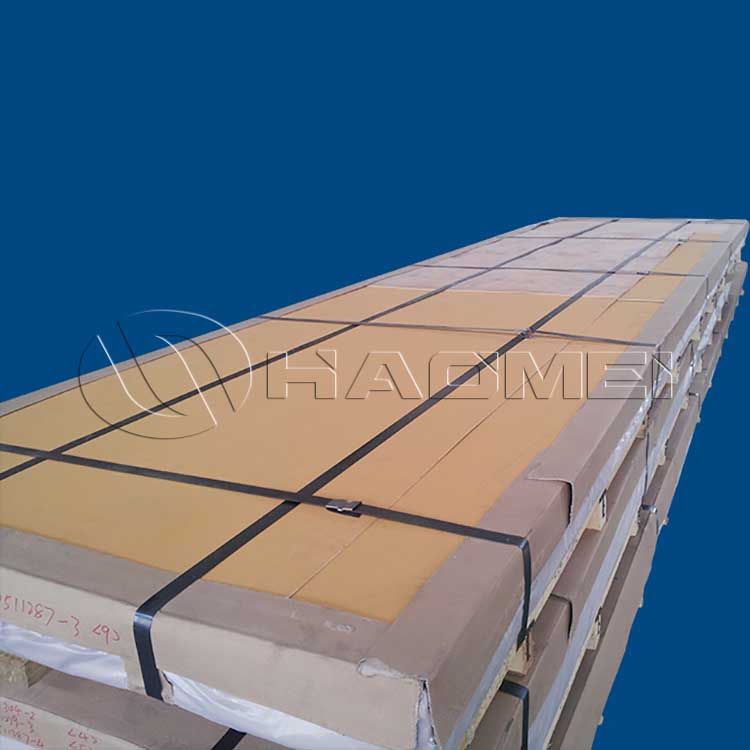Does Aluminium Rust or Corrode in Salt Water
Aluminum will not rust or corrode under most conditions of use and has a high corrosion resistance. When the surface of aluminum is exposed to the atmosphere, it will immediately form an invisible thin oxide film (Al2O3·3H2O) to prevent further oxidation of the metal.
This self-protection function makes aluminum highly corrosion resistant. Unless exposed to certain substances or conditions that destroy the protective oxide coating, the metal still has adequate corrosion protection. Even in industrial environments where other metals are often corroded, aluminum has high weathering resistance.

Some aluminum alloys are not as corrosion resistant as others, especially some high-strength aluminum alloys. 5xxx aluminum sheets are well known marine grade aluminum sheets like 5052, 5086, 5383 and 5083 aluminum sheet.
Corrosion resistance of aluminum and aluminum alloys
1xxx series: With purity over 99.00%, it has excellent corrosion resistance.
2xxx series: Copper is the main alloying element. These alloys do not have good corrosion resistance like most aluminum alloys, and under certain conditions, they may be subject to intergranular corrosion.
3xxx series: Manganese is the main alloying element in this alloy. They have high corrosion resistance. Their corrosion resistance in the atmosphere is similar to that of industrial pure aluminum and the same as pure aluminum in seawater.
4xxx series: Silicon is the main element, but silicon has the least effect on the corrosion resistance of these alloys. This is due to the fact that silicon particles are highly polarized, resulting in a lower corrosion current density.
5xxx series: It has excellent corrosion resistance. Alloy 5052 has good corrosion resistance in fresh water, but not as good as 5083 in sea water. Welcome to learn more about alloy 5052 properties from us.
6xxx series: The 6xxx series contains approximately a certain proportion of silicon and magnesium, forming magnesium silicide, which makes it heat treatable and has good corrosion resistance. Its main grade is 6061 alloy.
Corrosion of Aluminum and Aluminum Alloys
Pitting corrosion: For aluminum, the most common pitting corrosion is halide ions, with chloride ions (Cl-) being the most common corrosive agent, such as NaCl(brine, the main source is seawater).
Galvanic corrosion: Aluminum and its alloys fail due to galvanic corrosion, so avoid contact between aluminum and more cathodic metals. If such contact is required, protective measures should be taken to minimize sacrificial corrosion of aluminum. In many environments, aluminum may be in contact with chromium or stainless steel with only slightly accelerated corrosion.
Intergranular corrosion is selective corrosion of grain boundaries or adjacent areas, but no significant corrosion of the grains themselves. Intergranular corrosion is caused by the potential difference between the grain boundary area and the adjacent grains.
Will aluminum rust in salt water
Aluminum will rust in salt water because salt water contains a large amount of chloride ions (Cl-), which will destroy the oxide film on the surface of aluminum, causing pitting and intergranular corrosion.
Original Source:https://www.marinealu.com/a/does-aluminium-rust-or-corrode-in-salt-water.html
Tags: marine grade aluminum sheets ,